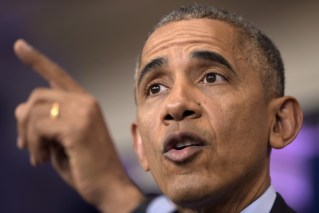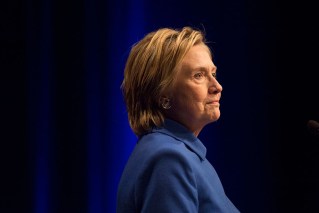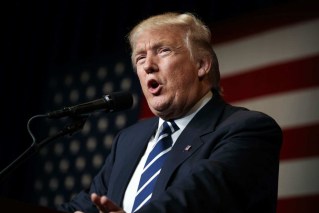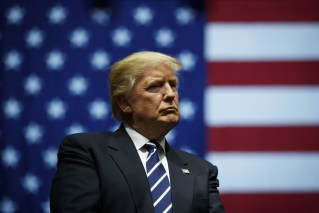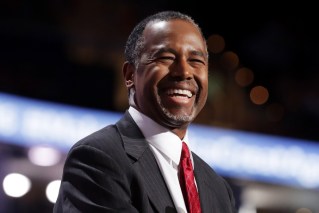Voter fury rising over sluggish internet speeds

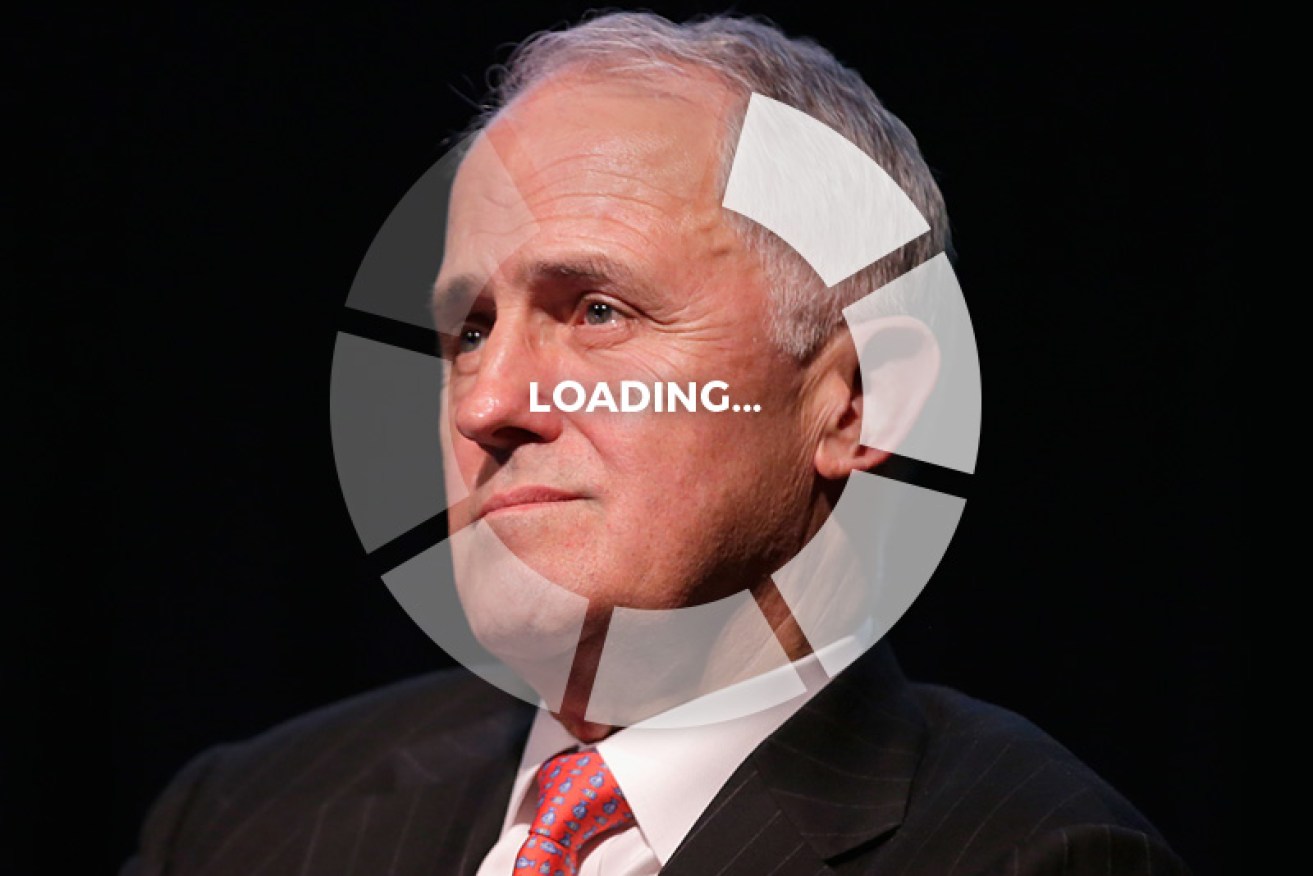
Internet speeds could be this election’s sleeper issue, particularly outside the capital cities.
Australia has slipped down the global broadband speed rankings and the government’s National Broadband Network, already contentious through AFP raids, roll-out delays and cost blowouts, is in alleged breach of what is known as the USO – universal service obligation – which once applied to fixed line telephony for regional and rural businesses and residents.
But there is real and potentially vote-changing anger about the so-called ‘digital divide’ in the bush.
• Down, down, Aussie dollar is down
• Snowballing budget fixes the best way forward
• Major parties turning the dial to dangerous
Deputy Prime Minister and Nationals’ leader Barnaby Joyce was confronted with an angry father’s complaint at a recent ABC TV regional forum: “The most I’ll get paying $200 a month is 50 gigabytes of data and 60 gigabytes between one and seven in the morning. So I can wake my kids up, get them to do their homework when there’s lots of data about. That’s what I’m asking. When am I going to get a terabyte of data? According to your plans … it’s never.”
The question went unanswered.
High capacity broadband was meant to be the transformative technology for 21st Century Australia. With population projected to grow to 40 million by 2055, high speed broadband was meant to give regional and rural Australia better access to commerce and agri-business, ehealth, mental health, education, plus lifestyle and entertainment benefits.
But instead of staking their Coalition agreement with the Liberals on a higher quality internet for the bush, the Nationals have accepted the Turnbull user pays model, sparking widespread anger.

NBN is improving internet speeds, but …
The NBN rollout is improving Australian internet speeds but when compared with other countries’ it will not reach the level that fibre connectivity can deliver. Such a system was deemed too expensive by the Abbott and Turnbull governments, estimated at an extra $30 billion.
Analysis recently published in The Conversation concluded:
If NBN Co can bring fibre close to a network termination point and then utilise the existing copper based telephone lines, there are new technologies that can push the speeds of connection in the short term to that comparable to fibre.
But their upgradability is low and the last few kilometres of copper as well as the terminal equipment will need to be replaced with optical fibre or other improved technologies in the future.
With Australia reported to have dropped from 30th to 60th in global rankings for average internet speeds, Internet Australia, which represents users, wants a bipartisan strategy to adopt ‘an ultimate goal’ of fibre to the premises.
Independent Tony Windsor, who is challenging Barnaby Joyce for his seat of New England, told The New Daily: “This has never been about cost.” The cost could be amortised over future years through revenues from enhanced productivity.
“It is appalling that Abbott and Turnbull only wanted to tear down Gillard’s NBN,” Mr Windsor said. He said he and former independent Rob Oakeshott had negotiated with the minority Gillard government for three ‘pillars’ (fibre to the premises, fixed wireless and satellite) to deliver an equitable wholesale pricing structure to protect regional users from price gouging. Universal wholesale pricing has been axed.
NBN satellite: As good as it gets?
The Labor Party is expected to announce its NBN upgrade plans shortly. It will exploit disaffection now apparent across Australia. The immediate question is how it will be funded. For those not within 10 kilometres of a fibre optical node, satellite is the only answer. The Sky Muster satellite now being activated will significantly improve NBN satellite broadband across Australia but there remains concern that it inevitably will not cope with demand in peak times, leading ISPs to slow download speeds.
In a world which requires a constant connection this will constrain e-conferencing and most other internet functionality. As one analyst remarked, this will be about as ‘good as it gets’ for the bush and creates the perception of regional Australians as ‘second class citizens’. Those regional users who are prepared to pay much more than the city average of $100 a month for unlimited and reliable broadband will remain disadvantaged.
For Australian voters now preparing to go to the polls on July 2 the capacity of their internet may soon rank alongside education, climate change, jobs and growth as top of mind in the choices they have to make.




